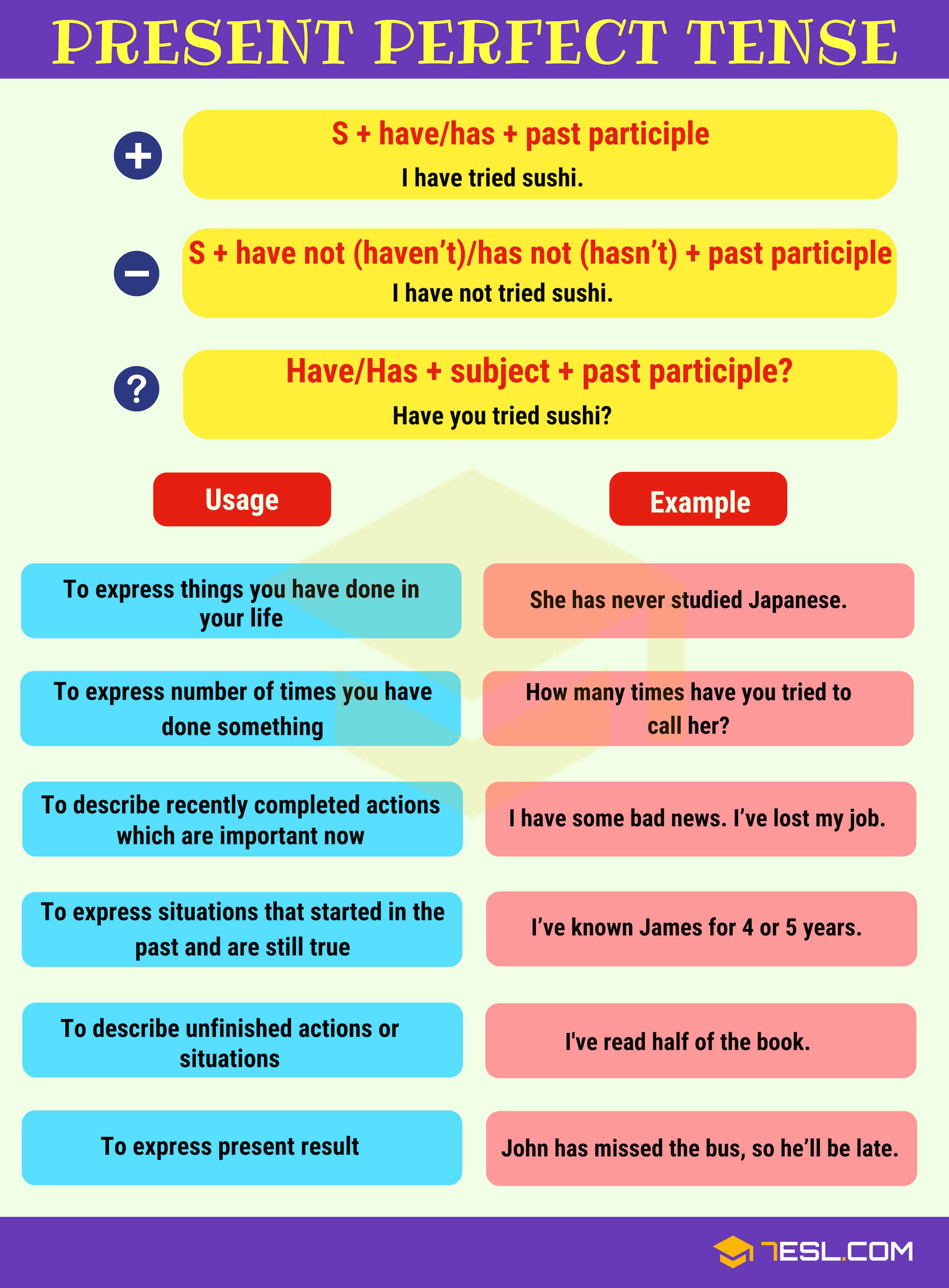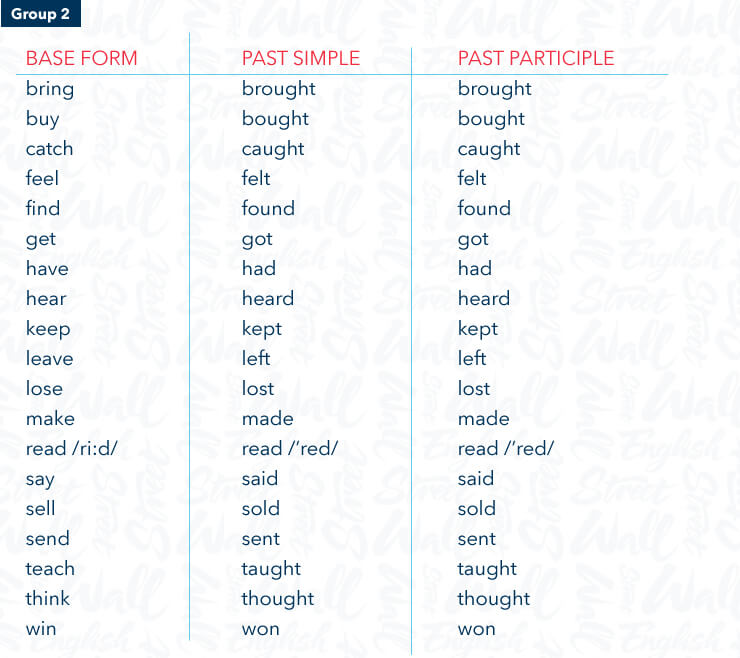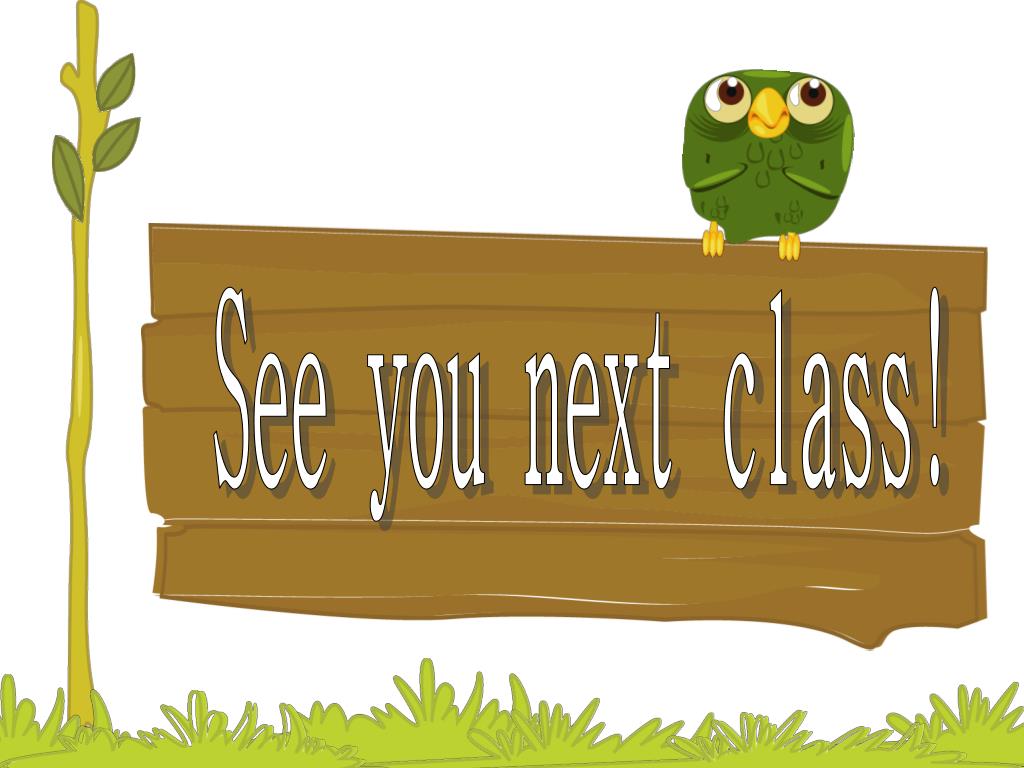Good Morning to all my students!!!
As I told you in previous messages, next week you will have the first exams of this semester.
The topics that will be included in the grammar exam (40%) are:
1.- Simple past tense. Affirmative, negative and interrogative.
- She went to the cinema last night.
- She didn't go to the cinema last night.
- Did she go to the cinema last night? Yes, she did.
2.- Comparatives and superlatives.
Jack is taller than Sam.
Karla is more interesting than Carol.
Kim is stronger than me.
I am worse in maths than in history.
The chocolate cake is better than the strawberry cake.
She is the tallest in the class.
She is the worst person I have known.
The U.K is the most interesting place I have visited.
3.- Verbs conjugation (The list of regular and irregular verbs that are in the blog you have to know their meaning in Spanish, there are 46 verbs) Los verbos que están en el blog.
You will have to complete the table with the missing verb, and you will have to write the meaning in Spanish.
You will have to complete the table with the missing verb, and you will have to write the meaning in Spanish.
INFINITIVE
|
SIMPLE PAST
|
PAST PERFECT
|
SPANISH
|
drink
|
drank
|
drunk
|
beber
|
begin
|
began
|
begun
|
comenzar
|
came
|
come
|
venir
| |
take
|
took
|
tomar
| |
play
|
played
|
jugar
|
4.- And Present perfect tense.
Example:
Fill in the gaps with the right forms of the verbs in brackets to complete the following English sentences in Present Perfect Tense.
1.-They have lived in London for six years. (Live)
2.- He has read a lot of History books. (read)
3.- She has told me about it. (tell)
Example:
Fill in the gaps with the right forms of the verbs in brackets to complete the following English sentences in Present Perfect Tense.
1.-They have lived in London for six years. (Live)
2.- He has read a lot of History books. (read)
3.- She has told me about it. (tell)
You will also have reading (20 %), listening (20%) and writing (20%) exams. = 90%
I will also take into account the evidences that you have sent to me via email, the activities that you had to complete at Jetstream platform and if you have worked in English Discoveries platform. (10%)
There are some students that haven't sent to me anything and that have not been working at all. I hope you have taken advantage of the time in class for studying and doing your activities.
See you soon and study hard !!!!
" The moment you accept responsibility for everything in your life is the moment you gain the power to change anything in your life ".
Writing exam example.

Describe the place and write what these people are doing.
In the photograph there are four people. They are in the living room. In the living room there is a green sofa and an armchair. There is a big T.V. and a chimney. There are some bookshelves on the wall and a lot of books.
The mother and the father are reading the newspaper. They are sitting on a green sofa. The girl is listening to music and the boy is watching T.V. The boy is wearing a white t-shirt and blue trousers. His sister is wearing a purple blouse and red pants. The mom is wearing a blue dress and the father is wearing grey trousers. The two of them are wearing glasses.
There are two pets in the room, one cat and one dog. The cat is sleeping and the dog is eating the father's sandwich. On the sofa there is a toy, it is a cat.
To have a little bit of more practice I will send via email a pdf. that I found in internet if you want you can attach it to the other pdf's. Copy the link print it and answer it.








